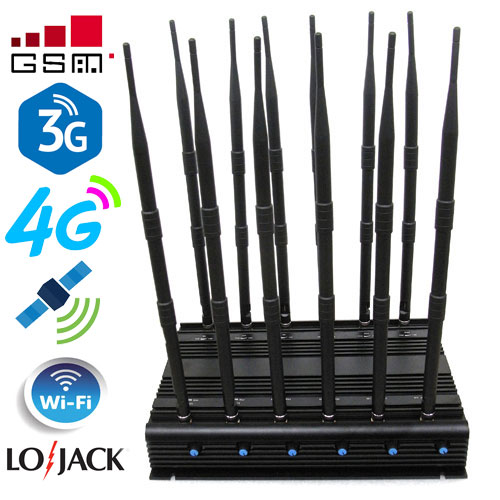Talisay City Prison Guard's chief commissioner, Josephus Jelianggao, said he preferred that the prison also have a signal jammer to prevent illegal use of cell phones in the facility.

This would mean that any smuggled phone in the facility would be quickly identified. In addition, it would be relatively easy to make a list of allowed phones (owned by guards, office workers, etc.) and to route calls from these devices to the communication networks. Alternately, we would have to ask exactly why a guard on duty needed a phone.
Cell phones were seized from blocks 1, 2, 3, 4 and high security block 1. A jammer had been installed in the prison room two months ago. Last year, 72 cell phone cases were reportedly registered, this year there are already 64.
"During the raid, we seized cell phones from toilets, rain water networks, and even shoes," a prison official told TNIE. "Someone tore the back of a slipper, put a phone in and put it back in. Most of the time, inmates hide their phones in awkward or out of the ordinary places that are used every day."
Repeat offenders are said to be the most likely to own phones because they have visited the prison multiple times and are aware of how to hide and use the device.
Even better, this method would allow those who were called out to be identified, especially if the existence of the base station was kept very quiet.

But Talisay Mayor Eduardo Gullas said there is no reason to install a handy jammer because anomalies can be prevented if the prison rules are strictly followed.
Gullas added that buying a jamming device is an additional source of costs for the city that can be used for other purposes.




